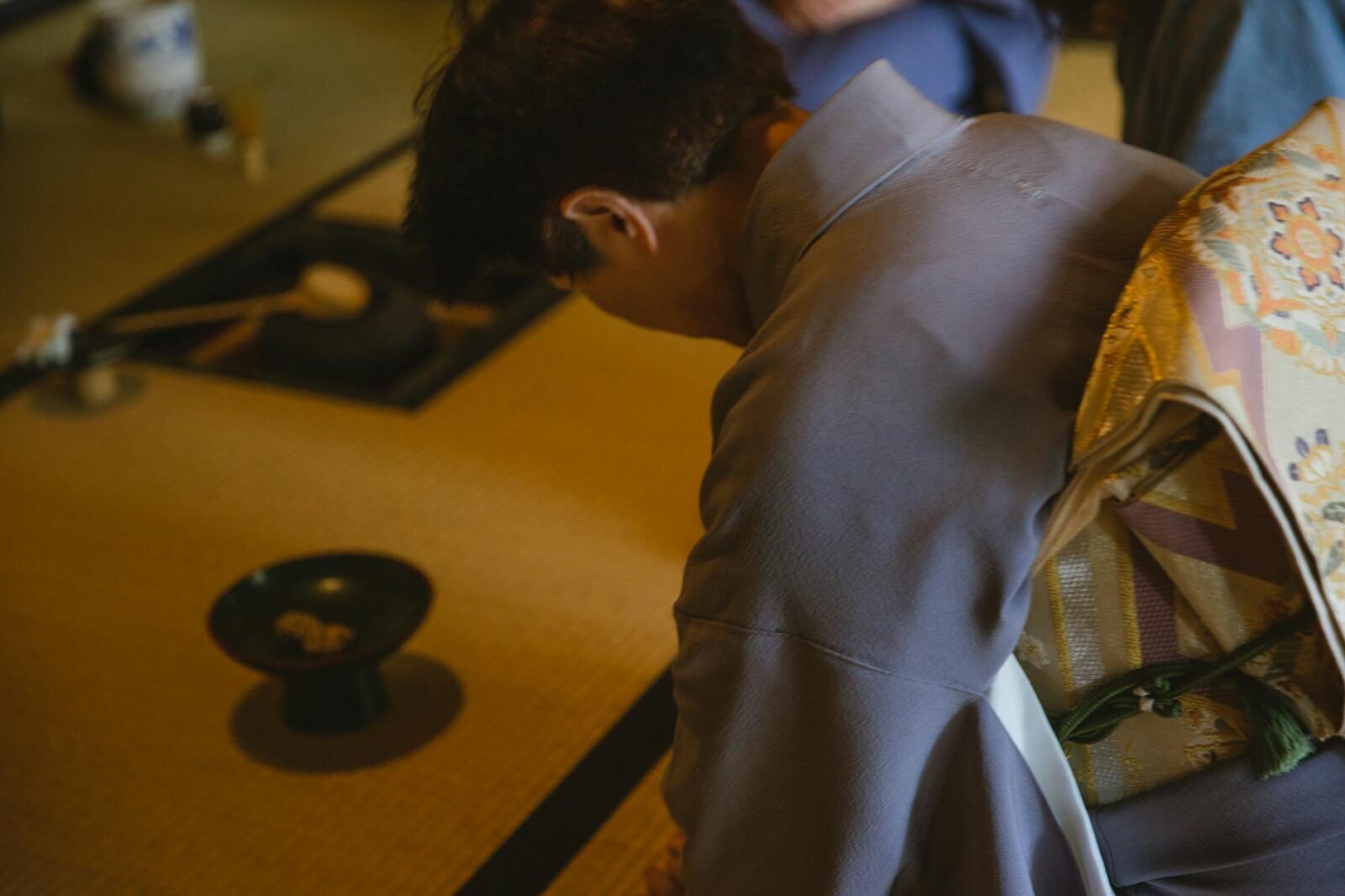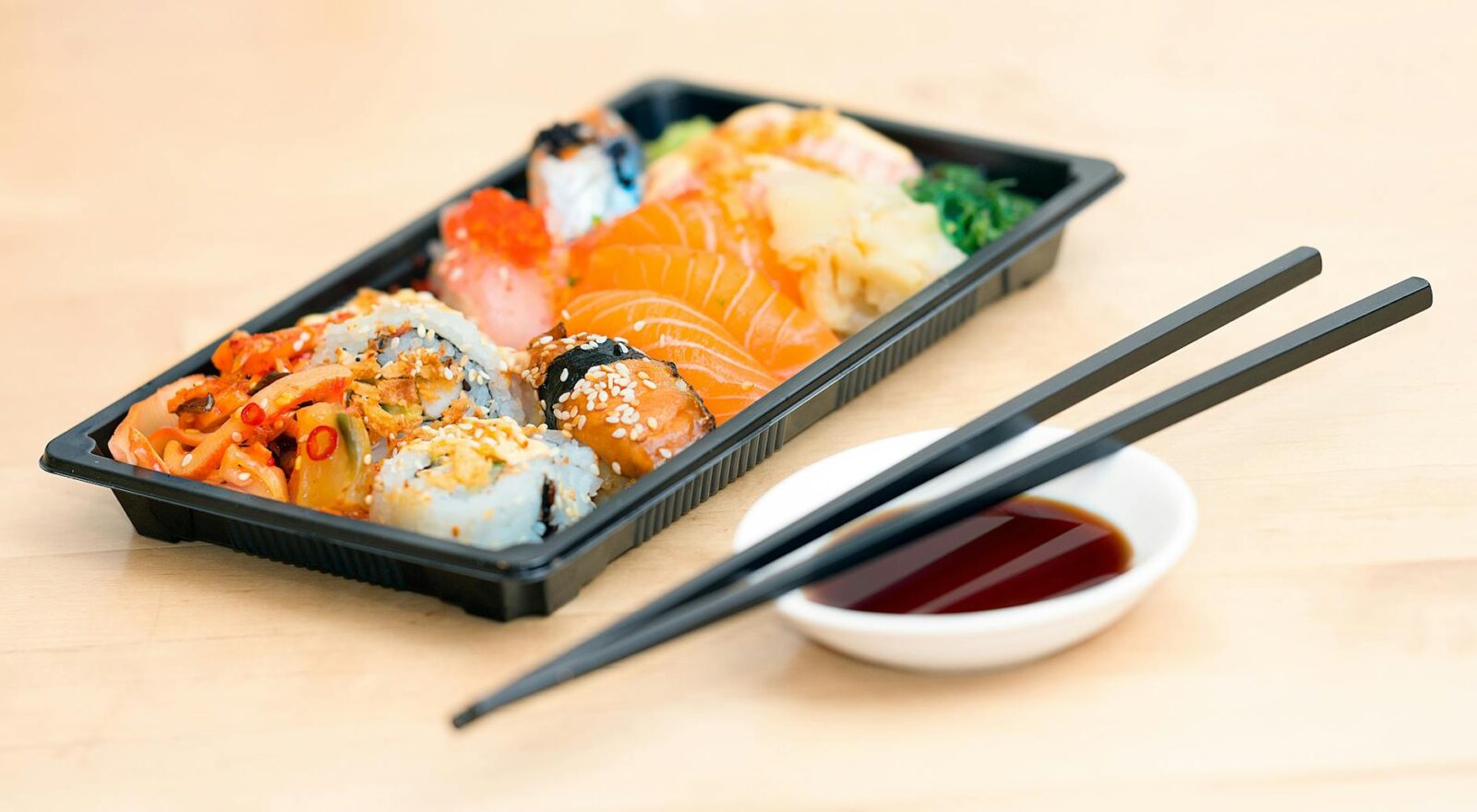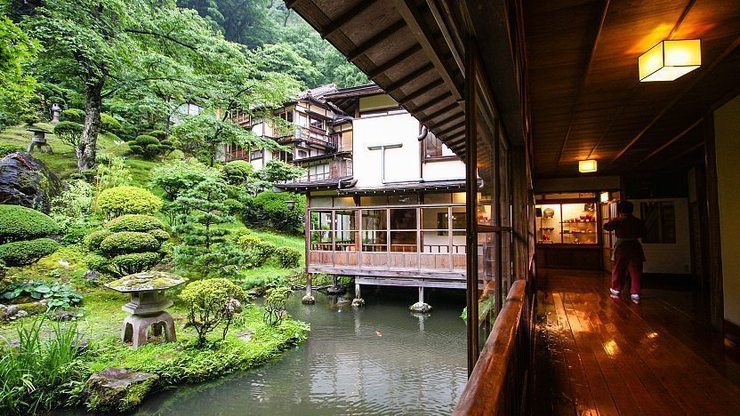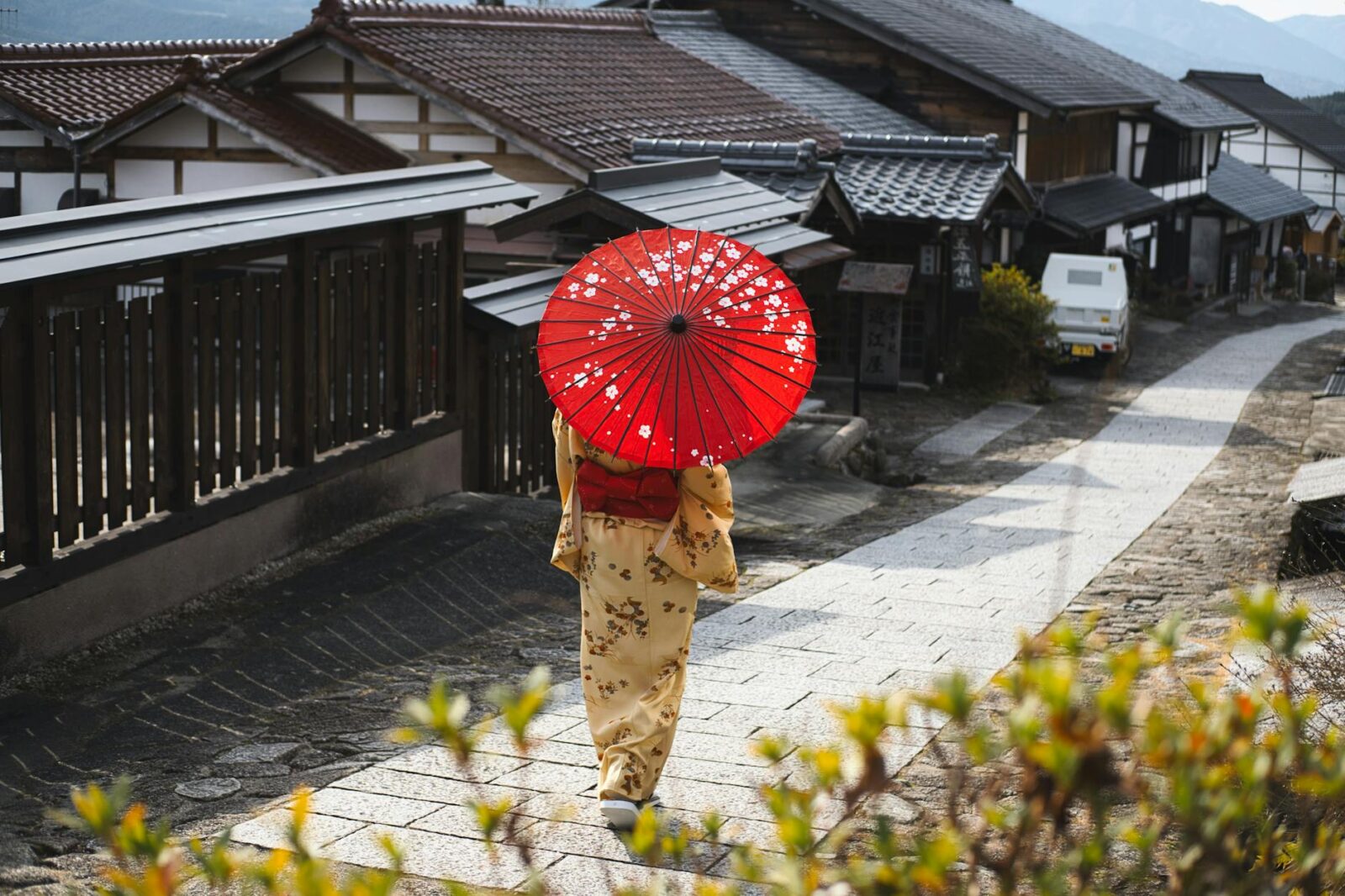Unveil the Elegance of Japan: Tips for navigating Japanese culture
Japan, where ancient traditions harmonize with cutting-edge modernity, is a top destination for luxury travelers. Understanding the essential tips for navigating Japanese culture is crucial for those planning their first visit. These insights not only enrich your travel experience but also show your respect for Japan’s deeply rooted customs. Whether you’re exploring serene temples or enjoying vibrant city life, these cultural nuances will guide you in making the most of your luxurious Japanese getaway.
To ensure your journey is smooth and respectful, we’ve compiled essential tips on navigating Japanese culture. Understanding these customs will enrich your experience and show your appreciation for Japan’s deeply rooted traditions.
Greetings: The Art of Bowing

In Japan, bowing is more than just a greeting—it’s a sign of respect. A typical bow involves bending from the waist at a 15-degree angle, while a more formal bow reaches about 30 degrees. A more profound bow is customary when meeting elders or individuals of higher status. Even in group settings, each person should be greeted individually. While verbal greetings like “Konnichiwa” (good afternoon) or “Konbanwa” (good evening) are used, informal expressions such as “ya” and “yo” are also common among friends.
Chopstick Etiquette: More Than Just Table Manners

Chopstick etiquette is crucial in Japan and often reflects respect for local customs. If you’re unfamiliar with using chopsticks, it’s perfectly acceptable to request a spoon and fork. However, never place chopsticks upright in a rice bowl, as this resembles a funeral practice where rice is offered to the deceased. It’s considered not only bad luck but also disrespectful.
Always Carry Cash

Japan is a predominantly cash-based society. While major hotels and high-end stores may accept credit cards, many smaller shops, restaurants, and local markets do not. It’s advisable to carry cash at all times. Japanese yen is treated with great care, so avoid crumpling bills. Instead, use wallets to keep your money tidy, reflecting the local custom of valuing cash as a crafted item.
Maintain Quiet in Public Spaces
Japanese culture values tranquility and consideration for others. In public places, especially on trains and buses, speaking loudly or laughing boisterously is considered rude. Always use a soft voice, akin to what you might use in a library or a place of worship. This cultural norm ensures a peaceful environment for everyone.
Footwear Etiquette: A Must-Know
In Japan, removing shoes before entering specific spaces is widespread. Whether you’re visiting someone’s home, a traditional inn, or some restaurants, look for signs or designated areas for shoe removal. Slippers are often provided indoors, so be prepared to show off your best socks!
Onsen Etiquette: Respecting the Hot Spring Culture

Japan’s onsen (hot springs) are famous for their relaxing and healing properties. However, strict rules must be followed to ensure a harmonious experience for everyone. Before entering the communal baths, thoroughly wash and rinse yourself at the provided stations. Onsen baths are for soaking, not for washing. Also, while increasingly accepted, tattoos may still be frowned upon or prohibited in some traditional onsen. Check if the facility has tattoo-friendly policies, or consider using a private onsen to avoid any issues.
Gift Giving: A Gesture of Appreciation
Gift giving, or “omiyage,” is integral to Japanese culture. If you’re visiting someone’s home or meeting a business associate, it’s customary to bring a small, thoughtful gift. Gifts should be wrapped beautifully and offered with both hands. It’s polite to express that the gift is a humble offering. Expressing gratitude and not opening gifts immediately is customary, especially in front of the giver.
Navigating Public Transportation: Efficiency with Courtesy
Japan’s public transportation system is renowned for its punctuality and efficiency. However, it’s essential to follow the local etiquette. When boarding trains or buses, always allow passengers to exit first. In crowded trains, refrain from talking on your phone and set it to silent mode, known as “manner mode.” During rush hours, expect overcrowded conditions, and be mindful of your belongings and space.
Photography Etiquette: Capturing Memories with Respect
Japan offers countless picturesque moments, but it’s crucial to remember where and how you take photos. Avoid taking pictures in places explicitly forbidden, such as certain shrines, temples, and private properties. Additionally, while capturing the unique aspects of daily life might be tempting, always ask permission before photographing people, especially in rural or private settings.
Dining Etiquette: Embracing Local Customs
Dining in Japan is a delightful experience, but it comes with its rules. Slurping is acceptable and encouraged when eating noodles, as it signifies enjoyment. However, never pass food from one set of chopsticks to another, as this resembles a funeral custom. Additionally, tipping is not practiced in Japan and can even be considered rude; excellent service is always included in the price.
Politeness and Patience: A Key to Positive Interactions
Japanese society highly values politeness and patience. Simple gestures like saying “Arigatou gozaimasu” (thank you) and “sumimasen” (excuse me/sorry) go a long way. Queueing is common and orderly in Japan, so always wait your turn at a train station, store, or elevator.
Conclusion
Japan’s cultural landscape is a tapestry of traditions, etiquette, and values that offer a rich and immersive travel experience. You and your family can enjoy a respectful and enriching experience by following tips for navigating Japanese culture.
Ready to explore the enchanting world of Japan? Let us guide you in creating a luxurious, tailor-made travel experience that blends cultural discovery with unparalleled comfort. Contact us today to plan your unforgettable adventure in the Land of the Rising Sun. Whether you dream of serene temples, vibrant cityscapes, or tranquil onsen retreats, we’re here to make your Japanese getaway exceptional.

January 23, 2024